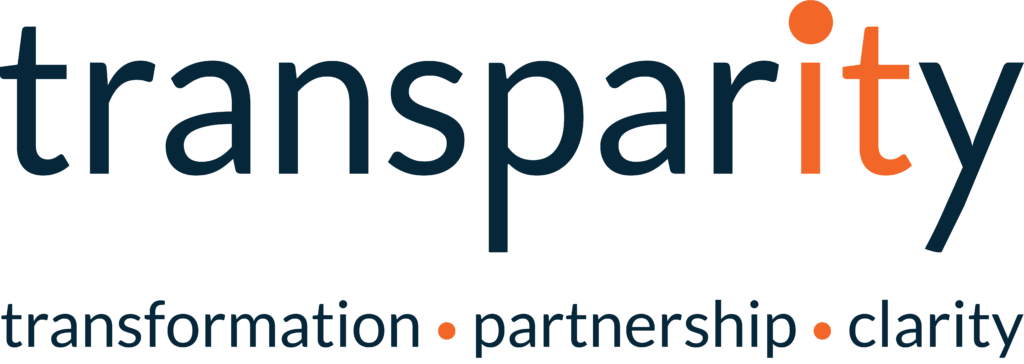The charity sector has always been an industry where budgets have been squeezed, which in previous years has led to a culture of austerity where technology is concerned; in fact, 58% of UK charities do not have a digital strategy[1]. Traditionally, it was thought that the money would be better spent where these organisations can make the biggest impact, such as front-line services and research. But more recently, many of the UK’s 200,000 registered charities have been looking at ways of moving from CapEx to an OpEx in a bid to make their investments go further. This is where Cloud Computing can really come into its own, breaking the costly 5-year hardware refresh cycle and allowing organisations to better control and account for their costs. So what are the challenges for the industry, and how has Cloud adoption been solving them?
GDPR is just the start
A huge consideration for charitable organisations is GDPR. Not yet a year into its enforcement, the General Data Protection Regulation has transformed the way that businesses store and use the data of individuals. This is a particularly prominent challenge for the industry, as being able to encourage donations from existing and potential supporters is an essential operation, as is being able to easily communicate with their volunteers whilst keeping their data protected. Microsoft Enterprise Mobility + Security (EMS) is an Enterprise-grade suite of programs – including Azure Active Directory Premium, Intune, Azure Rights Management and Advanced Threat Analytics – which helps companies with their GDPR compliance by protecting data whilst allowing them to grant and restrict access in real time, as well as detecting data breaches before they can cause damage. Additionally, while businesses are debating how to ensure compliance with GDPR, it can also get them thinking about their overall digital strategy, which in turn can become the impetus for businesses to move to the Cloud with solutions like Microsoft Azure. An example of this is with Crohn’s & Colitis UK, who were aware that their existing on-premise IT infrastructure needed to be updated. Transparity migrated their infrastructure to Azure and Microsoft 365; two solutions which are continuing to save the charity money whilst bringing their systems into the 21st century. Crohn’s and Colitis UK have also embraced Microsoft Teams – a next-generation collaboration tool which is part of Office 365 – which not only saves money on licensing but provides a secure, centralised place for staff across the organisation to save and access important files. The charity even implemented a Teams channel specifically for their Board members, meaning that they no longer feel excluded from day-to-day operations.
The rise of the Millennials
An additional challenge for the charity sector is the evolution of its employee demographics. A report by Recruitment experts Manpower reveals that by 2020, Millennials will make up 35% of the global workforce, with Generation Z (those born after 1996) comprising 24%[2]. That’s more than half of workers who have grown up with access to technology at their fingertips and therefore have a different set of expectations to their Baby Boomer counterparts, who have hit or are quickly reaching retirement age. Traditional ways of working simply don’t cut it anymore; young employees crave flexibility and the latest digital tools to help them be productive and do their jobs effectively…and the expectations for employers to deliver this environment are high. Indeed, in Buffer’s State of Remote Work survey, an enormous 99% of respondents said they would like to work remotely at least some of the time for the rest of their careers[3]. This demand has led to an increase of our customers within this industry asking us how they can enable flexible yet secure working for their staff. Microsoft Intune is ideal for device management as it enables businesses to link laptops and mobile devices to an employee’s Active Directory profile, allowing them to access company files securely from wherever they are working. This means that you can securely implement a Bring-Your-Own-Device (BYOD) policy, with the added benefit that you can block or revoke access for certain users and devices to software, data or apps at will. And secure remote working doesn’t only benefit the organisation’s recruitment efforts by appealing to Millennials and Generation Z; it allows them to streamline their office overheads and cut transport costs. After all, more remote workers means less desk space required, the cost savings for which can then be ploughed back into the essential services and research that these charities provide. When Transparity implemented a number of Microsoft Cloud-based solutions for Action for Children – one of the leading charities that support disadvantaged children across the UK – it halved their office space footprint. By moving to OpEx models such as Azure and Microsoft 365 – which incorporates Office 365, Windows 10, and Enterprise Mobility + Security – IT costs are reduced, more manageable and predictable, which allows organisations to build costs into their budgets more effectively.
In short, whilst charities have traditionally been more adverse to spending on ICT services, they are quickly becoming one of the biggest industries to embrace Cloud adoption, recognising the enormous benefits that the Cloud can bring.
[1] https://www.charitydigitalnews.co.uk/2018/01/17/58-of-charities-do-not-have-a-digital-strategy-reveals-tech-trust/
[2] https://www.manpowergroup.com/wps/wcm/connect/660ebf65-144c-489e-975c-9f838294c237/MillennialsPaper1_2020Vision_lo.pdf?MOD=AJPERES
[3] https://buffer.com/state-of-remote-work-2019




